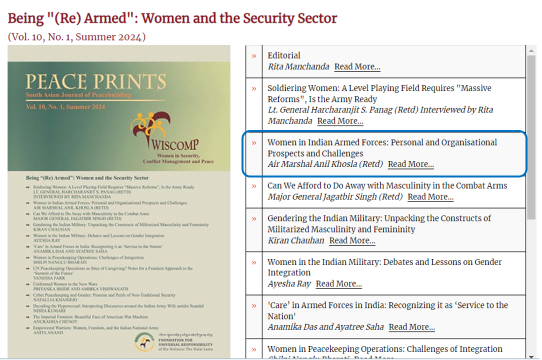
- Shiqurdu is a collection of thoughts. Although an odd-sounding name felt appropriate for the collection.
- These are simplified quotes in Hurdu (Hurdu being a mix of Hindi and Urdu akin to Hinglish i.e., Hindi and English). Although in some cases the language has been simplified attempt has been made to retain the thought and the poetic flavor.
- These thoughts have been picked up from various publications. Credit goes to all the original writers who penned down these deep-meaning messages.

सीखते रहे उम्रभर्,
लहरों से लड़ने का हुनर
क्या पता था की,
किनारे भी कातिल निकलेंगे

पुरानी यादें भूल गये,
क्या भूल गये, कुछ याद नहीं
कुच्छ यादें याद रही,
क्यों याद रही, कुछ याद नहीं

खामोश होना
जब किसी की बात बुरी लगे
खामोश रहना
किसी को अपनी बात बुरी न लगे

गालो पर लुढ़कता पानी,
वो लफ्ज़
जिन्हें कागज नसीब नहीं हुआ

कद बढ़ा नहीं होता ,
ऐड़ियां उठाने से
ऊंचाईया तो मिलती हैं,
सर झुकाने से

बड़े अजीब दुनिया के मेले हैं
दिखती तो भीड़ है
पर चलते सब अकेले हैं

फ़क़ीर मिज़ाज़ हूँ,
अंदाज़ अपना औरों से जुदा रखता हूँ,
लोग जाते है मंदिर मस्जिद,
मै अपने दिल में खुदा रखता हूँ.

हिम्मत कर , सब्र कर ,
बिखर कर भी सवर जाएगा
यकीन कर , शुक्र कर ,
वक़्त ही तोह हैं गुज़र जाएगा

ज़रूरी और जरूरत
ज़रूरी नहीं की किसी को आपकी जरूरत हो
किसी की जरूरत बनना ज़रूरी है

मिट्टी से भी यारी रख
दिल से, दिलदारी रख
चोट न पहुंचे बातों से
इतनी समझदारी रख
Suggestions and value additions are most welcome
For regular updates, please register here:-
References and credits
To all the online sites and channels.
Disclaimer:
Information and data included in the blog are for educational & non-commercial purposes only and have been carefully adapted, excerpted, or edited from sources deemed reliable and accurate. All copyrighted material belongs to respective owners and is provided only for purposes of wider dissemination.



